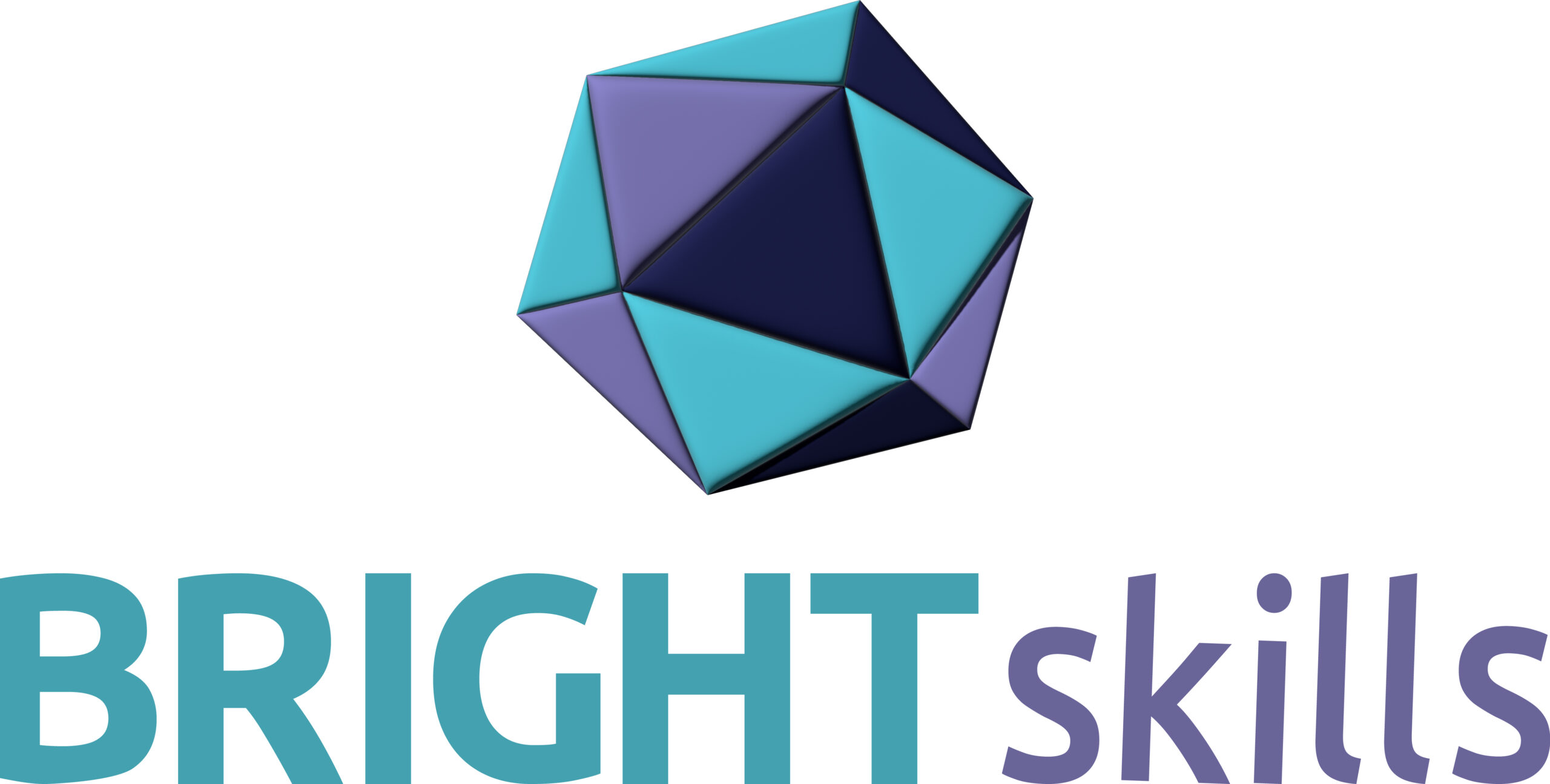BRIGHTskills


About the project
BRIGHTskills aims to bridge talent gaps and address skills shortages in Europe’s health industries. The sector faces pressure to maintain resilient supply chains, reshore medicines manufacturing, develop novel medicines and antibiotics and adopt digital tools that meet cybersecurity and data protection standards. Demographic and epidemiological transition further demand innovation and support high-tech, personalised and integrated care.
The project will develop a skills strategy and design cutting-edge, evidence-based training programmes tailored to the health industry’s needs. These programmes will equip individuals with the critical skills required to thrive in a dynamic ecosystem. At the same time, it aims to ensure that companies across health sectors have access to talent with technical skills, environmental acumen, and strategic vision needed to enhance competitiveness and drive innovation. This collaboration is set for four years to address the workforce skills needs in the health sector.
Key in-demand skills identified across these sectors include:
- For pharmaceutical & biomanufacturing: Expertise in life sciences-related fields, digital technologies (AI, big data, robotics), regulatory frameworks, and quality assurance and control.
- For MedTech: Regulatory and legal skills, expertise in market access, and skills supporting the integration of advanced medical technologies into healthcare systems.
- For digital health: Cloud computing, health data analysis, medical coding skills, machine learning, AI skills, expertise in data processing, data analytics, data protection, cyber-security, Electronic Medical Records (EMR) Build Specialists, Project/Programme Management, Application Development, Quality Assurance, and software engineering. Competition for these skills is high, particularly for SMEs and startups.
- For medical supplies: Skilled workers are essential for adapting to future healthcare challenges, and automation in production requires specialised skills.
General and transversal skills (across industries):
- Digital skills: AI & robotics, Data Analytics, Machine learning, Digital Health Proficiency, Algorithm readiness, Cyber Security.
- Operational & governance Skills: Clinical study research & design, Supply chain & logistics, Quality Assurance and Control, Testing, Regulatory compliance, Ethics.
- Green skills: Green chemistry, Energy efficiency management, Sustainable engineering & procurement.
- Transversal skills: Cross-disciplinary collaboration, Communication skills, Teamwork skills, Entrepreneurial skills, Coaching & Mentoring, Change management.
Purpose of the project:
- To elevate employment, growth and innovation in Europe’s health industry companies.
- To equip the workforce with the technical proficiency, environmental acumen, and strategic leadership to navigate the complexities associated with swift technological, environmental and societal change.
- To ensure that the health industries have a trained, competent and committed workforce with relevant skills to adapt to evolving global scenarios.
- To design and develop training courses tailored to employers’ workforce needs.
- To promote long-term employability and social inclusiveness.
- To build partnerships for a responsive and resilient healthcare system.
Expected societal impact:
- Transforming healthcare delivery through innovative solutions.
- Guaranteeing sector continuity by developing a multi-skilled, diverse, resilient, and adaptable workforce.
- Supporting healthcare delivery for 450 million people in Europe.
- Improving employability, talent attraction, and retention within the health sector.
Expected results & insights:
The project will deliver new know-how, fresh insights, novel and improved training content and methodologies, and education and training fit for the health industry’s intricacies.
For health industry professionals:
- A map of current and expected in-demand profiles.
- Competence Matrices defining essential skills.
- A Self-Assessment Tool for skill development.
- An Open Education Resources Database.
- Tailored training courses and programmes based on labour market needs.
For employers and policy-makers:
- Evidence-based documents, including policy briefs and intelligence reports.
- An actionable EU Health Industry Skills Strategy for workforce development.
- A Health Industry Skills Observatory for foresight, monitoring, and analysis of emerging labour market trends.
For educators:
- Training curricula, course syllabi, course structure, formats, and content.
- Micro-credentials and targeted skills development programmes.
- On-the-job training initiatives.
- A Certification framework to enhance cross-border mobility and employment.
Overall results include new know-how, fresh insights, novel and improved training content and methodologies, and education and training fit for the health industry’s intricacies.
Partners
EIT HEALTH EV DE
DIGITALEUROPE AISBL
KUNGLIGA TEKNISKA HOEGSKOLAN
ART-ER-SOCIETA CONSORTILE PER AZIONI
NATIONAL UNIVERSITY OF IRELAND GALWAY IE
COUNCIL OF EUROPEAN BIOREGIONS
INITS UNIVERSITAERES GRUENDERSERVICE WIEN GMBH
BIOTALENTUM TUDASFEJLESZTO KFT
MEDTRONIC IBERICA SA
WISE ANGLE CONSULTING SL
UNIVERSIDAD DE NAVARRA
NAUCNOISTRAZIVACKI INSTITUT VERLAB ZA BIOMEDICINS
UNIVERSITAT FUR WEITERBILDUNG KREMS
UNIVERSITAT POLITECNICA DE VALENCIA
MEDICAL VALLEY EUROPAISCHE METROPOLREGION NURN
AZIENDA ULSS 4 VENETO ORIENTALE
EIT MANUFACTURING WEST SL
ASOCIACION MULTISECTORIAL DE EMPRESAS DE LA ELECT
ADECCO ITALIA SPA
ASOCIACIJA INFOBALT
BOSTON SCIENTIFIC LIMITED
MEDICINES FOR EUROPE
MEDTECH EUROPE
CAMPUS BIOTECH DIGITAL
BIOCAT LA FUNDACIO BIOREGIO DE CATALUNYA

